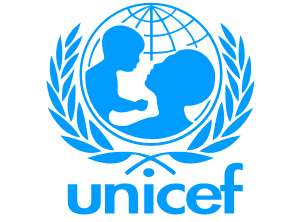The National Orientation Agency (NOA) is working with United Nations Children’s Fund (UNICEF) to raise awareness on the importance of adequate Infant and Young Child Feeding (IYCF) in 60 communities in Kaduna state.
Malam Lawal Haruna, a Deputy Director of NOA in the state made this known in an interview with the News Agency of Nigeria (NAN) in Kaduna on Thursday.
Haruna said that the partnership was aimed at to raising the needed awareness on the importance of child feeding to reduce malnutrition and high rate of infant mortality.
He explained that the major components of the child feeding were early initiation of breastfeeding within an hour of birth, exclusive breastfeeding for six months, adequate complementary feeding, sanitation and hygiene.
He said the community dialogue targeted 2,400 community members in 60 communities, six each from Kaura, Jaba, Kachia, Chikun, Kajuru, Kaduna North, Kaduna South, Zaria, Makarfi and Igabi local government areas.
According to him, the programme had been carried out in eight local government areas,while the remaining two local government areas, Kaduna North and Kaduna South will be completed on Friday.
“So far, we have reached about 2,501 community members with their traditional rulers far above our 2, 400 target.
“It has been observed that poor feeding is the major cause of malnutrition in children and this informed the decision to encourage mothers to practice exclusive breastfeeding and adequate complementary feeding.
“We first carried out an advocacy dialogue with traditional and religious leaders, where we discuss the challenges affecting the practice of adequate child feeding in the selected communities.
“After that, we brought all relevant members of the selected communities before the traditional and religious leaders; so we all agreed on ways to ensure the survival and development of our children.
“For those, whose religion stands in the way, the religious leaders are there to enlighten them.
“And those whose culture becomes an impediment, the traditional rulers, who are the custodian of culture, will break the barriers, “he said.
He explained that the religious leaders had developed sermons that would be used to encourage mothers to properly breastfeed and adequately feed their children with needed nutritious food that would ensure their survival. (

